There are different ways to learn that can help you remember things. Some methods just use repetition, while others try to make links between ideas that are more meaningful. Doing these last few things a lot is one of the best ways to remember things for a long time. Students who want to learn something should consider what it really means and how it ties into all that they have already learned, and how they are going to put it into practice in everyday life. This is the most data we have about the effect of repetition.
Let’s explore the full answer to the question:
“elaborative rehearsal, involves ___.”
A) Rote repetition
B) Linking new information to existing knowledge
C) Passive review
D) Ignoring prior knowledge
Correct Answer: B) Putting together what we know and what we learn
Explanation
Think about what you already know, have done, or understand to help you learn more. During this process, the brain makes a lot of things that help you remember next time you learn something. You don’t just repeat what you’ve learned; you give it some thought, make connections, and see how it fits into a bigger picture.
Examples include
- Applying a new scientific idea to a problem in real life.
- Making links between historical events and personal events or other known dates.
- Making comparisons between new words and words you already know.
What is Elaborative Rehearsal?
It is a deep processing technique in cognitive psychology where meaning takes priority over repetition. Learners make sure that information moves from short-term to long-term storage more efficiently by giving it more value.
Key features:
- Builds strong mental associations.
- Encourages understanding rather than memorising.
- Works across different subjects and learning contexts.
Key Elements
- Depth of processing: Focus on meaning.
- Association: Connects ideas to familiar concepts.
- Active engagement: Think, question, and picture what you want to happen.
- Retention boost: Makes your long-term thinking better.
FAQs
Q1: How is elaborative rehearsal different from maintenance rehearsal?
You do the same things over and over again if you only do maintenance practice. But if you practice them a lot, you’ll really get them.
Q2: Is it effective for exam preparation?
Finding clarity helps when you’re feeling tense.
Q3: Does it require more time?
At first, yes, but it makes it less necessary to have multiple rounds of memorization.
Q4: Can visual aids help?
Absolutely — diagrams, images, and mind maps strengthen the connections.
Image source freepik
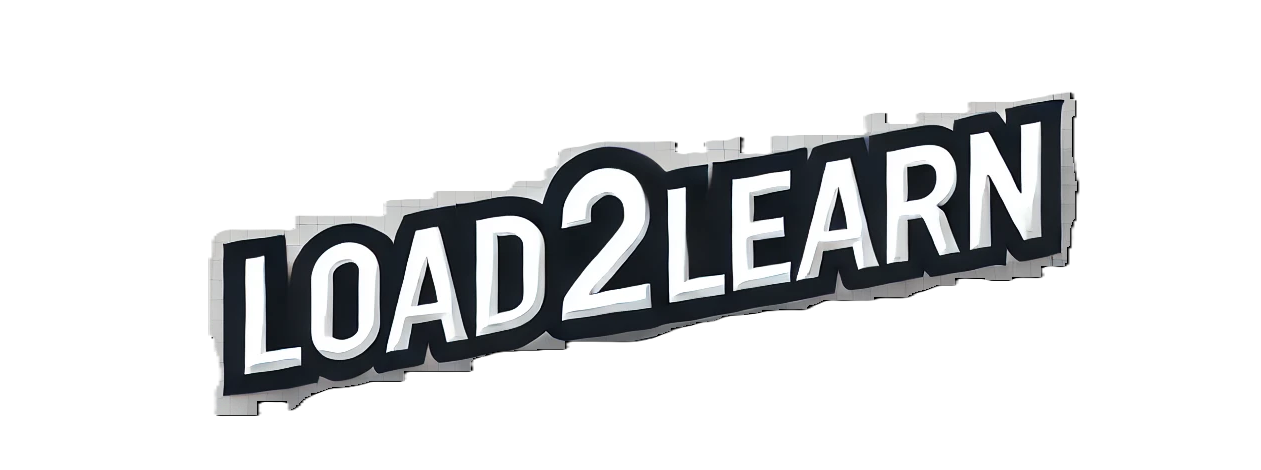
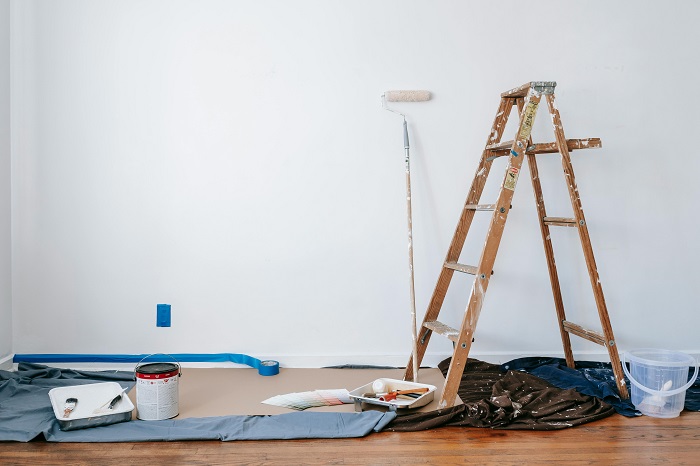

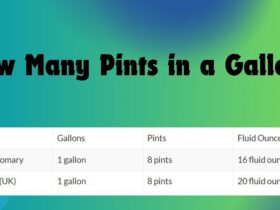


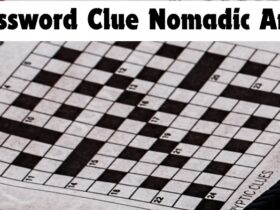

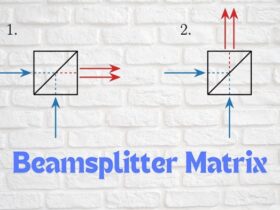
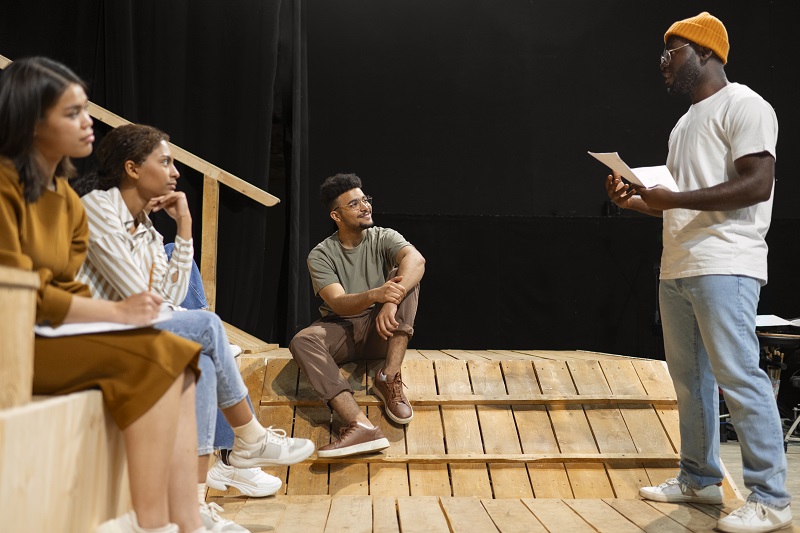









Leave a Reply